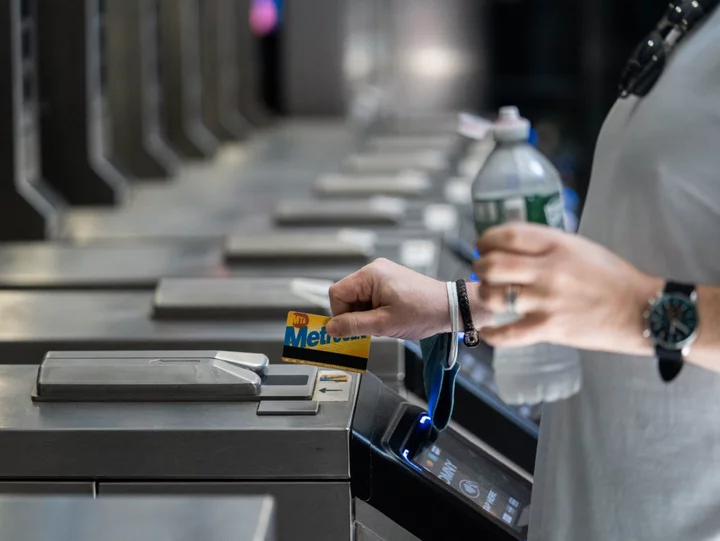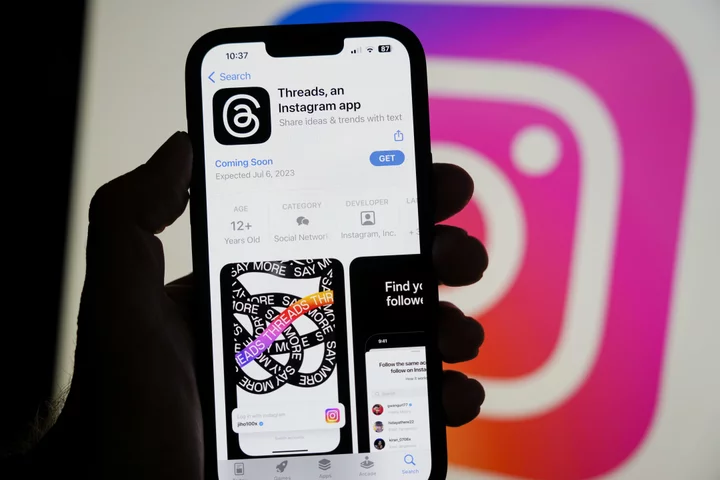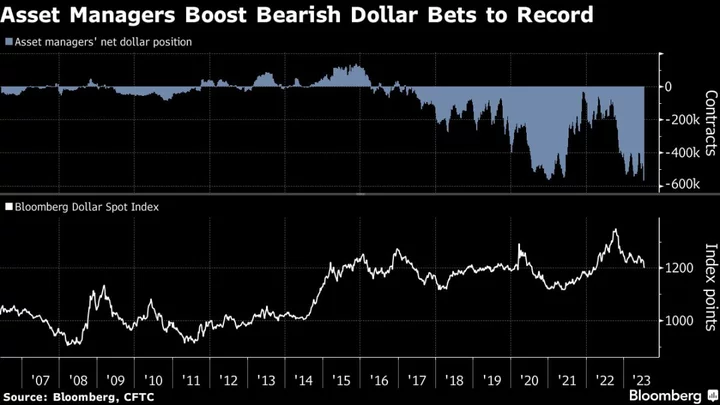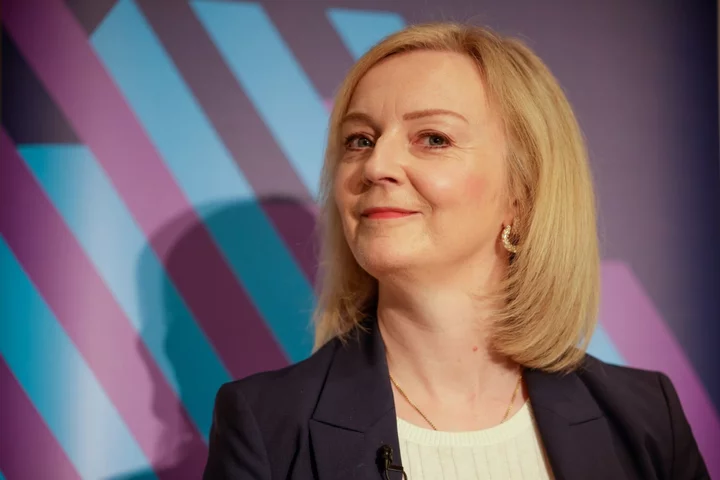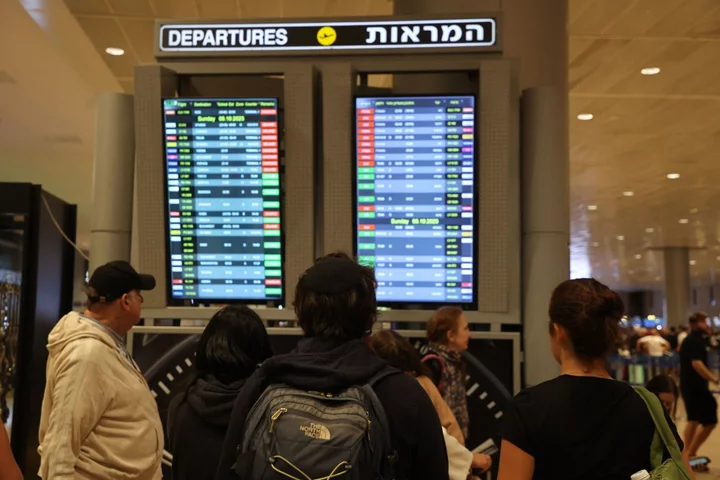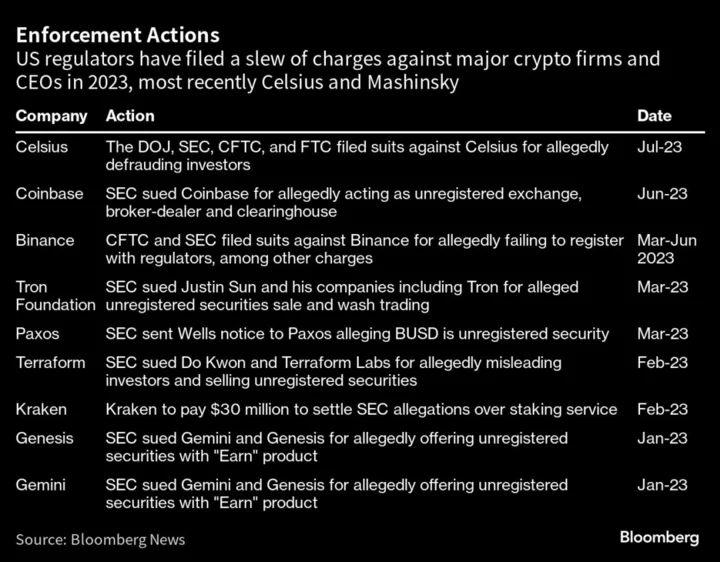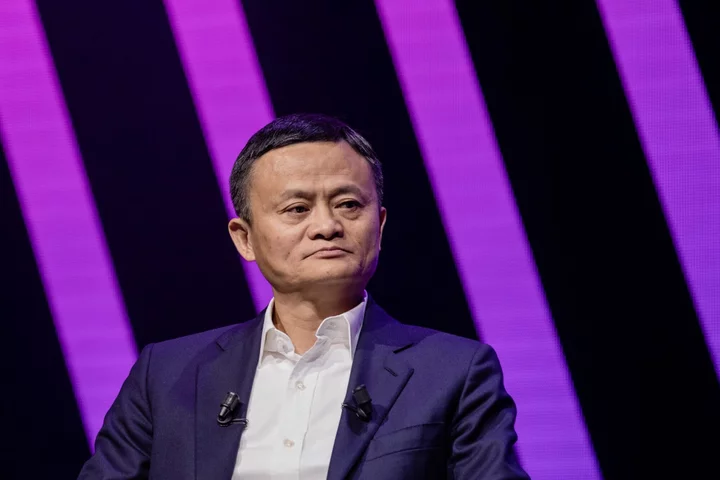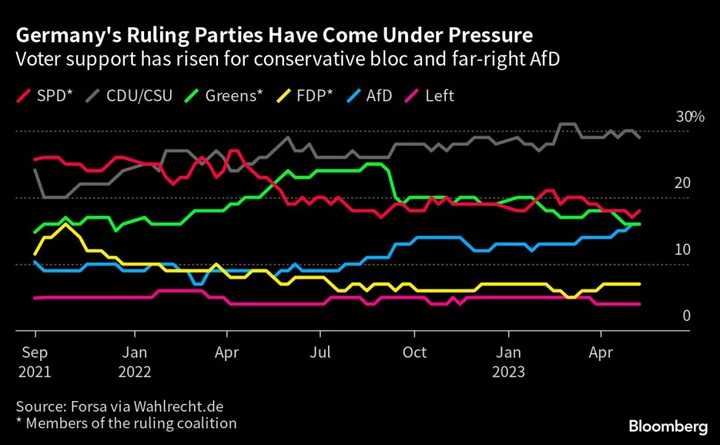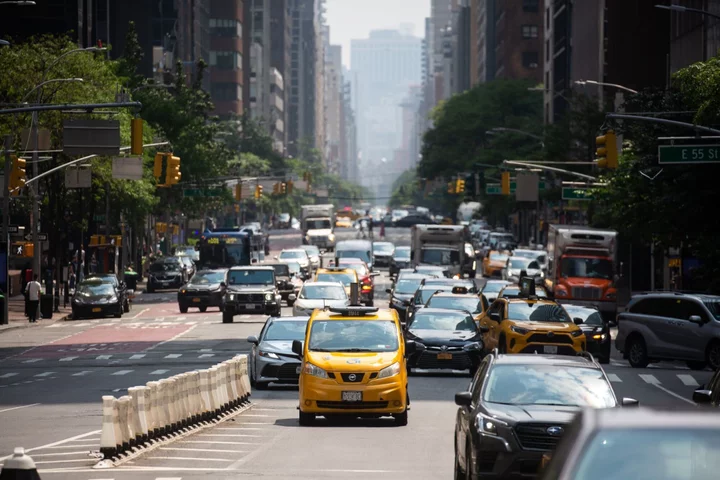New York’s Metropolitan Transportation Authority voted to lift prices on its subways, buses and commuter rails for the first time since 2019 as the nation’s biggest public transit system moves to close budget deficits.
The steeper charges are set to take effect on or about Aug. 20 after the MTA approved the increases at its monthly board meeting on Wednesday. The agency boosted the cost of monthly and weekly transit passes in 2019, but it hasn’t raised the base fare for the subway since 2015.
The base subway and bus fare will now rise to $2.90 from $2.75 and the weekly unlimited pass will increase by $1 to $34. A monthly unlimited pass will cost $132, up from $127. Tolls on MTA bridges and tunnels, which the MTA last raised in 2021, will now go up 6% for E-ZPass users.
The higher fees are part of a budget agreement that state lawmakers hashed out earlier this year where the MTA would get additional payroll tax revenue while also increasing fares and tolls.
“It’s not without its downsides because anytime you’re asking people to pay a little more, that has consequences,” Janno Lieber, the MTA’s chief executive officer, said during Wednesday’s meeting. “But for everybody who depends on this transit system — like I always say, mass transit is like air and water for New Yorkers — we need it.”
2025 Plan
The transit agency, which is run by New York state, avoided fare hikes until now to encourage riders to return in the wake of the pandemic. The MTA plans to increase fares again in 2025, returning to its pre-pandemic trend of boosting fees every two years.
“It’s fair to raise prices modestly so the consumer’s not overburdened,” Neal Zuckerman, who chairs the MTA’s finance committee, said during the meeting. “It is prudent to raise prices given how long it’s been since our last price increase.”
Cars using the MTA’s major crossings will pay $6.94 with an E-ZPass, up from $6.55, while tolls by mail will cost $11.19, up from $10.17.
While ridership has rebounded, systemwide usage is still only about 70% of 2019 levels. The MTA projects overall ridership will only reach 80% of pre-pandemic usage by 2027.
For suburban commuters, monthly passes on the Long Island Rail Road and Metro-North Railroad will go up by as much as 4.5%, with 30-day passes capped at $500 and weekly tickets costing no more than $177.50.
The MTA is looking to raise overall farebox revenue by 4% and toll receipts by 5.5%. The additional intake will help the agency close budget gaps through 2027 as federal pandemic aid runs out.
NY MTA Budget Deficits Through 2027 Eliminated by Revenue Boost
(Updates with comment from MTA chief in the fifth paragraph.)

